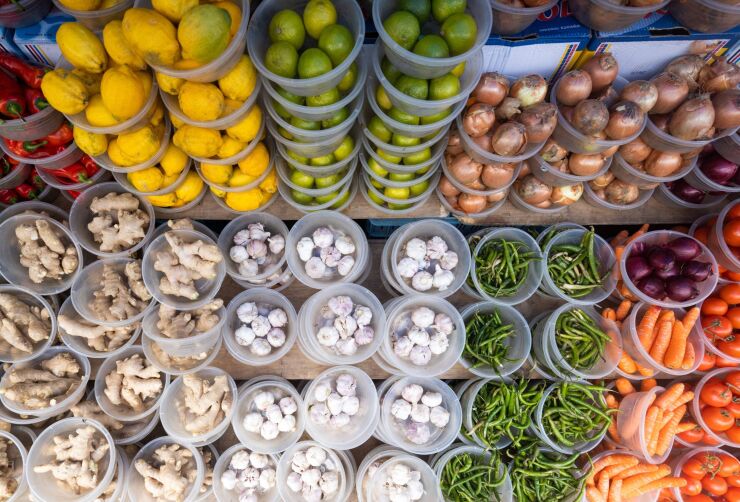
With
To serve this demand, POS Nation, a payment company that targets specific industries such grocery, hardware, liquor, garden, tobacco, and lawn & garden vertices, has acquired GrazeCart, an e-commerce technology company that sells to farmers.
The deal, which has closed, provides another industry for POS Nation to serve, while GrazeCart can expand its strategy of enabling farms to sell directly to consumers in multiple channels. The acquisition comes as competition among payment firms that enable diversification in the farming industry heats up. The companies did not disclose the terms of their merger.
"There are specialty retailers like cigar shops and liquor stores, cell phone repairs, etc. … that don't want general payment software, but want software that is specific to their industry," said Cort Ouzts, president of POS Nation, adding that agriculture fits in that model.
There is a market for direct-to-consumer bulk food sales via digital channels. Forty-five percent of consumers would consider purchasing food directly from a producer's website, according to
"A solution provider that understands the unique needs of an industry will more likely tailor their offerings instead of baking in a bunch of unrelated features that the business doesn't need," said Lauren Cevallos, an analyst at Forrester.
POS Nation asserts that its expertise with grocery industry clients, along with knowledge gained from adding GrazeCart, can manage a payment and e-commerce package for farmers, particularly those running smaller farms, which
"A lot of farms start their direct-to-consumer journey at farmers' markets, then want to move or expand online," said Brooks Hitzfield, co-founder and managing director of GrazeCart.
The move to online sales is more complicated than it seems, because most of these farms are accustomed to selling to large resellers — or on the commodities markets.
"There's a transition period for them to be able to do this directly to consumers." Hitzfield said. "Many of the farmers don't have the tools for that. Business systems that sell to large entities and to consumers don't speak well to each other."
The payment acceptance technology can overlap between these audiences, but there are specific business needs that certain industries have based on how they sell their products. These factors create demand for a tailored merchant service, Ouzts said, adding that GrazeCart brings agriculture technology and business culture experts to POS Nation's staff.
"One of the things we can do with the GrazeCart acquisition is integrate the in-person mobile point of sale they use at a farmers' market with an e-commerce platform," he said.
GrazeCart provides sellers with customized e-commerce websites. Its other services include assisting farmers in setting prices for goods by weight, a method designed to avoid over or under charging by basing price on the number of items purchased. GrazeCart additionally accepts orders for national shipping, local delivery or in-person pick-up at a farm; manages inventory, fulfillment and creates subscription programs for repeat customers.
"We were missing the point-of-sale piece for consumers," Hitzfield said. "POS Nation brings that for us."
Other firms are also pursuing a similar business model. Barn2Door, another digital commerce firm that sells to farms, recently
It's also not unusual for a payments technology firm to focus on a specific niche, particularly tied to food sales, which have different supply chain and inventory requirements than other retail categories. For example, PNC recently
These industry-specific offerings are critical, but it's less about payments and more about everything else surrounding the payment, from product catalog, pricing, shopping cart, and delivery options to inventory management and loyalty programs, according to Zil Bareisis, head of retail banking and payments at Celent.
"Small businesses prefer to deal with a single provider that can give them all these tools and are looking for payments to be embedded as part of the offering," Bareisis said.






